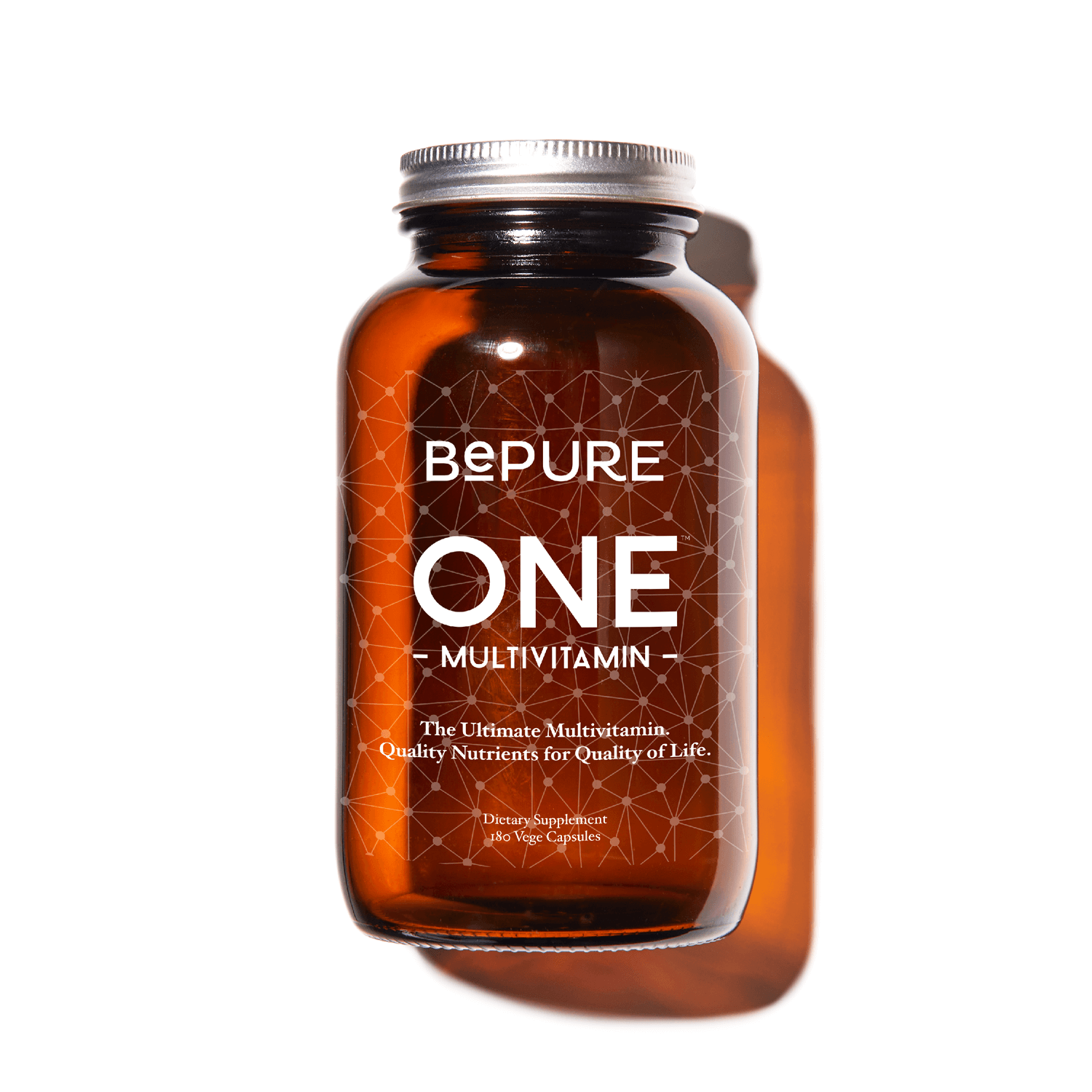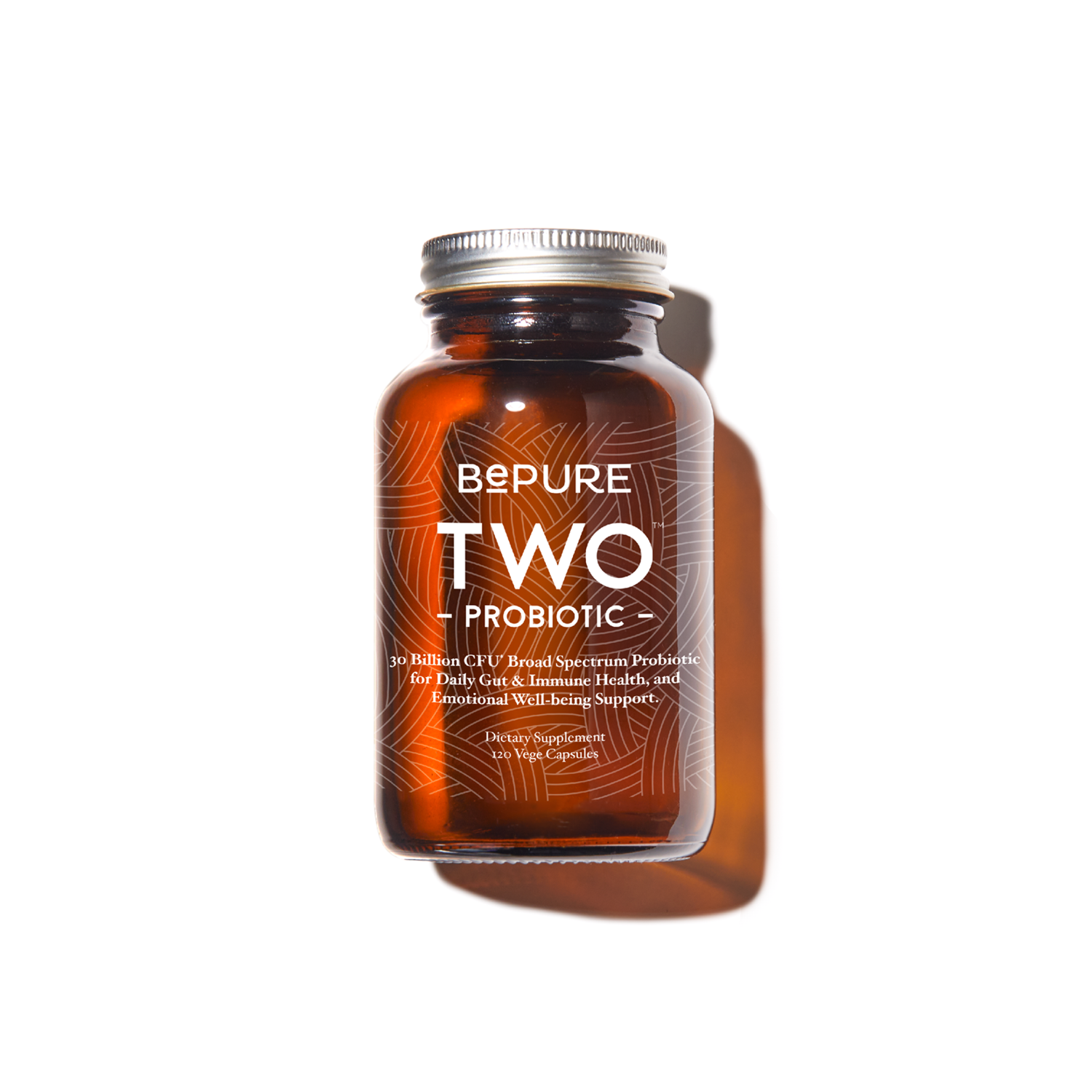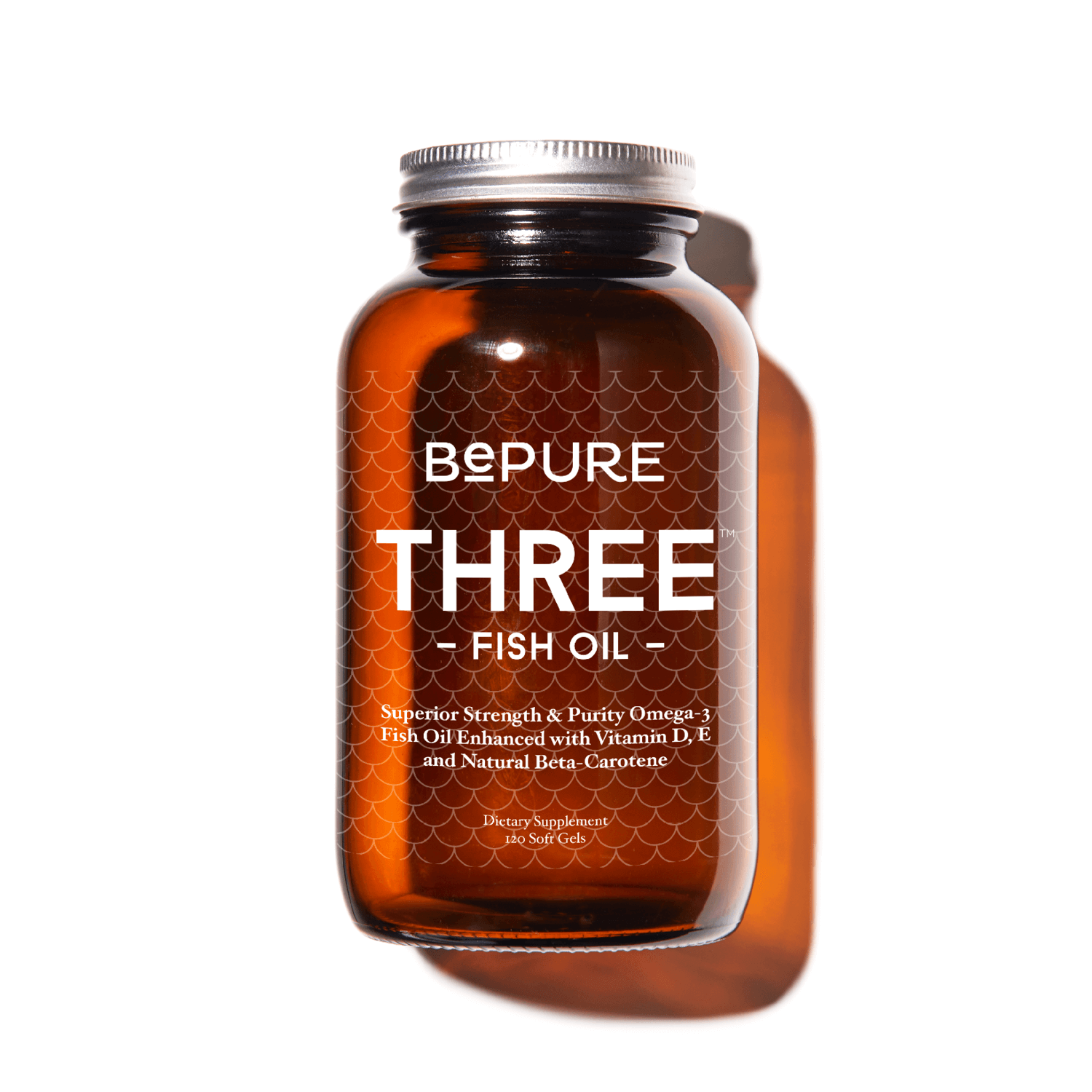"Everything in the body is interlinked."
Everything in the body is interlinked – your mind, your body, your gut, your skin, your hormones, your energy, your sleep, your mood, everything – it’s all connected, nothing happens in isolation. This is why we take a systems approach towards the journey to optimal health.
One of the things we look at is the balance of hormones and whether they are all sticking to their place in the carefully choreographed dance, or whether some are making up their own moves.
There are just over fifty hormones in the human body delivering chemical messages all around our body telling it what to do.
Hormones in the body
For example, there are hormones that tell female bodies to widen the pelvis and store excess fat reserves in the hips and thighs – that’s oestrogen, a hormone that tells male bodies to broaden the shoulders and grow facial hair – testosterone.
A hormone which fires messages around your body which regulate mood, social behaviour, appetite, digestion, sleep, memory, sexual desire and function – serotonin. One that lights up the pleasure pathways when you eat delicious food, or achieve a goal you’ve been working towards – that’s called dopamine.
When your alarm goes off and you wake up, when you get a fright, or when you have a coffee and feel buzzed, it’s a surge of cortisol that makes you feel alert. When you’re feeling sleepy, that’s melatonin sending your body messages that it’s time for a sleep.
"Hormones are an incredible network of chemicals that are highly influential in how we experience life and how we feel."
Hormones are an incredible network of chemicals that are highly influential in how we experience life and how we feel. No hormones are good or bad, they are all essential for normal functioning, but when hormone levels are too high or too low, we start to run into problems.
It’s important to be aware that your hormone balance plays a massive role in how you are feeling.
Have you ever snapped at someone while you were feeling grumpy, and thought “Wow, that’s not like me!” Chances are that’s not you – that’s a hormone imbalance acting out.
However, you aren’t at the mercy of a hormone imbalance. There are things you can do to rein in your hormones and keep them in line so that you are feeling and operating at your best! One place to start is by nurturing your gut health.
A dysfunctional gut, whether it is a leaky gut, compromised absorption, or gut dysbiosis can have a flow-on effect on our hormone balance. Let’s take a closer look at how:
How does gut health influence oestrogen balance?
Firstly, what even is oestrogen? Chances are you will have heard of it before. It’s one of the more commonly know hormones, but do you know what it actually does?
Oestrogen is a sex-hormone, that although mostly talked about in relation to females, is actually present in males too, just not in such high amounts. Oestrogen plays a role in telling the body where to store fat, which is why males and females have different fat distribution.
You might be familiar with digestive troubles like bloating, constipation, diarrhea and gas as a sign of gut dysbiosis – when you have more unfriendly bacteria than beneficial – but we also see these issues as a contributing factor for oestrogen dominance.
The liver is responsible for removing excess oestrogen from the body, but if there is increased workload because of gut-dysfunction and such things as poor nutrition, stress, alcohol and caffeine, it struggles to keep up with demand and the unprocessed toxins are unable to leave the body.
“Unprocessed toxins have to go somewhere. With no other options, our body will store them within fat cells.”
With no other options, our body stores these toxins within fat cells until the liver has the capacity to remove them.
To compound this effect, there are types of non-beneficial bacteria that actually create enzymes which break apart hormones such as oestrogen, that were packaged up ready to leave the bowel. When hormones are broken apart again they are reabsorbed into the body and recycled. Most people already have high levels of oestrogen, which means this recycling is leading to even higher oestrogen levels.
Excess oestrogen tends to cause increased weight gain around the hips or the thighs. If that is where you’re holding your weight, this is a sign that oestrogen dominance could be a concern for you. You can learn more about how hormone imbalance could be impacting weight loss here.
How does gut health influence the balance of happy hormones?
While not technically hormones but neurotransmitters, gamma-Aminobutyric acid (GABA), serotonin and dopamine function in a similar way by sending chemical messages all over the body.
GABA is involved with regulating communication between the brain and nervous system. Dopamine is the ‘reward chemical’ that lights up neural pathways when something pleasurable happens. Serotonin regulates mood and behaviour. Interestingly, more serotonin is produced in and around the gut than the brain – in fact, about 80%!
"The inner workings of your digestive system don’t just help you digest food, but also guide your emotions."
The inner workings of your digestive system don’t just help you digest food, but also guide your emotions. Gut issues like compromised digestion will mean that absorption of key vitamins and minerals will be low. We need these nutrients to create the neurotransmitters, like serotonin, in the first place.
What’s more, the function of these neurons — and the production of neurotransmitters like serotonin and dopamine — is highly influenced by the billions of “good” bacteria that make up your intestinal microbiome.
Dr Felice Jacka, a leading researcher who studies nutritional psychiatry and the link between anxiety and depression and gut health, says "We know that serotonin production is increased when subjects take a quality probiotic."
Essentially, in very basic terms, what the research is showing us it that a healthy gut supports hormonal balance and that means a happy you!
How does my gut health influence my the balance of my sleep hormones?
Cortisol and melatonin are the hormones that regulate our sleep. A surge of cortisol in the morning is what wakes us up (the same thing that happens when you have a cup of coffee!) and when cortisol goes down, melatonin goes up and we start to feel sleepy.
The Relationship between Cortisol and Melatonin
Production of these hormones is reliant on a happy, healthy gut absorbing all the minerals and nutrients required. And like serotonin, the precursors for melatonin are made in the gut.
When you have gut dysbiosis, this revs up the immune system which stimulates a stress response leading to chronically high cortisol levels – may lead to adrenal fatigue if the immune system is constantly fighting something.
So, how can I begin to heal my gut and balance my hormones?
“Let food be thy medicine and medicine be thy food.” – Hippocrates
We know that what we eat has the biggest influence on the state of our gut health – the food we eat can either be the greatest medicine, or a total poison. Start with eating fresh whole, in-season produce to nourish your beneficial bacteria and cut out sugar and highly processed foods which the unfriendly bacteria thrive on.



